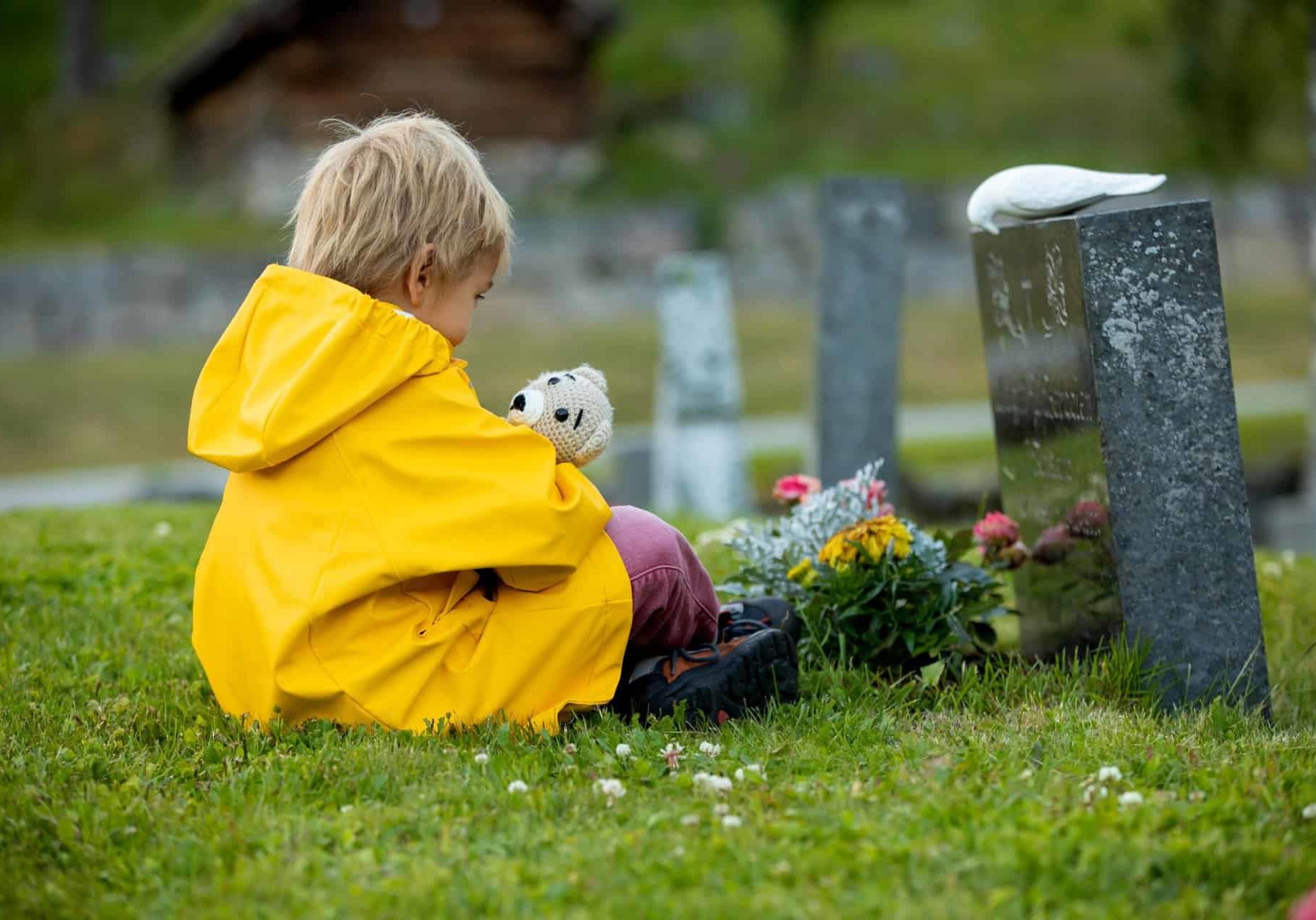Mother’s Day is a day set aside for honoring one’s own mother and for celebrating motherhood. But for those mourning the loss of their mother, or for mothers mourning the loss of a child, Mother’s Day can be a painful reminder of what’s been lost. Below are some suggestions you might find helpful this Mother’s Day.
All emotions are okay
Spend some time checking in throughout the day on how you’re feeling and what you need. If you’re struggling more than anticipated, surprised by tears, or want (and are able) to take time away from work or other responsibilities – that is okay. Maybe you’re feeling better than expected, perhaps you’re feeling happy, grateful, maybe you’re feeling sort of neutral and unaffected by Mother’s Day – that is okay. Keep in mind that there is no “right” way to feel.
Share memories
Reminiscing about our loved one can be helpful and alleviate feelings of loneliness. Share memories with others you feel comfortable sharing with. Spend time looking at photos or items of your loved one. Pass on traditions or share that special recipe your mother taught you. Sharing something special about your loved one serves to keep their memory alive.
Write a letter
Write a letter to your mom/child and update them on all that’s happened since their death. Sometimes, writing to your loved one can be therapeutic and help continue your bond with them.
Be kind to yourself
Be kind to yourself and plan a self-care day where your focus is on an activity that you find relaxing and enjoyable. Treat yourself to a spa day, go on a hike, take some time to meditate or read a book. Remember that mourning is a lifelong process with no beginning, middle and end.
Listen to your heart and plan ahead
If you decide to lay low this Mother’s Day, turn off the TV. Mother’s Day themed advertising and programing can be a painful reminder for those grieving the loss of their mother or child. Skip the Mother’s Day brunch or dinner. It may be best to avoid places where Mother’s Day activities traditionally take place. Plan a constructive time-consuming activity such as gardening or cleaning out a closet.
Ask for support
Often, the times it feels difficult to reach out are the times we need connection the most. It can be extremely helpful to know that even one person in your life is clued in on how you’re feeling about this day. One route to consider is sharing with a trusted friend, partner, or family member what you think might be helpful in advance. You might let them know that Mother’s Day can feel complicated for you, and you’d love to spend time with them that day, if possible. When communicating with your loved one/s, it’s okay to ask for some flexibility. Sharing that you’d like some support but aren’t sure what that might look like is a great place to start.



